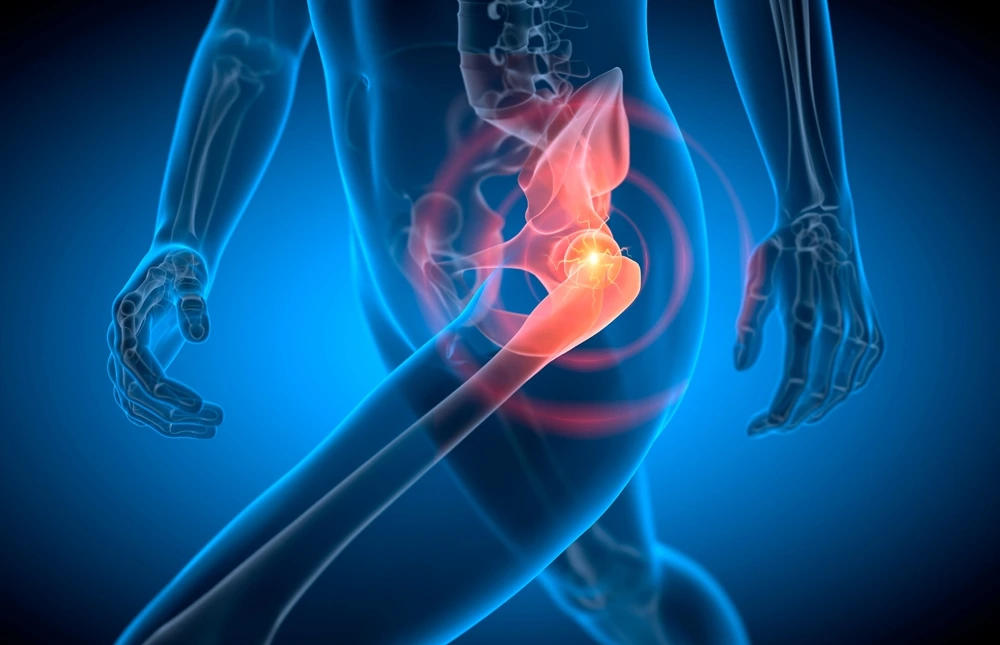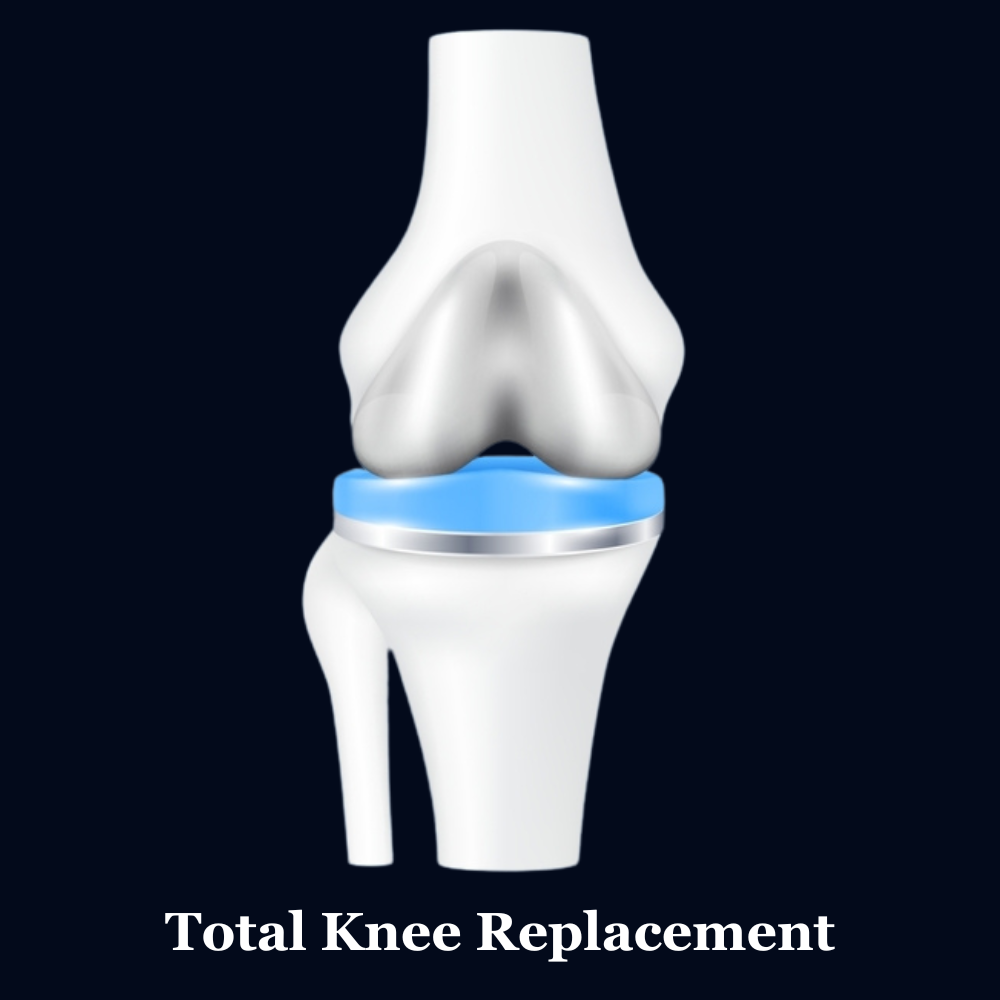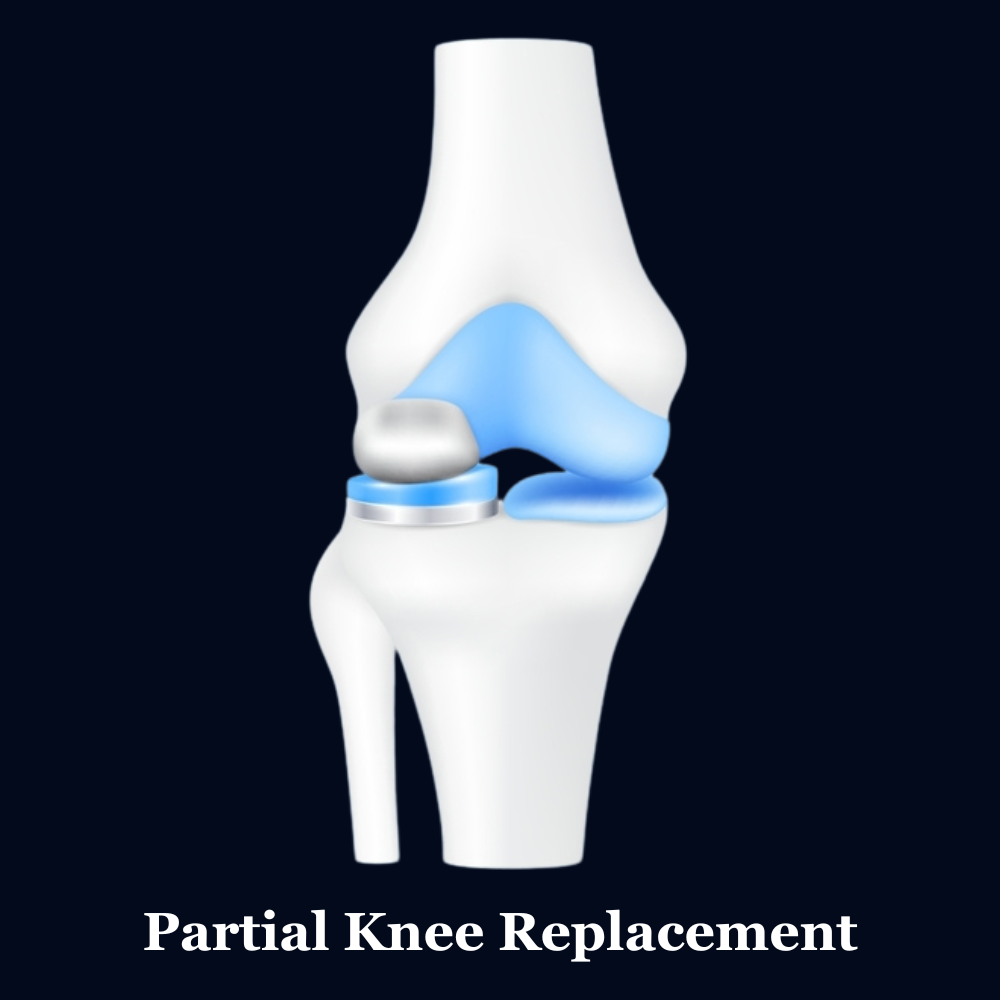- +91 782-7080-348
- contact@neemtreehealthcare.com
- A290 2nd Floor, Defence Colony ND-110024
- +91 782-7080-348
- contact@neemtreehealthcare.com
- A290 2nd Floor, Defence Colony ND-110024
Latest post
Post Categories
- No categories
15+
Centres in 7 States/UTs
50+
Expert Surgeons
15000+
JoinT Replacements
70,000+
Happy Patients
Total Hip Replacement Surgery
Struggling with Hip Pain? Take the first step to pain-free movement today!
Total Hip Replacement Surgery
Struggling with Hip Pain? Take the first step to pain-free movement today!
15+
Centres in 7 States/UTs
50+
Expert Surgeons
2000+
Joints Replacements
60000+
Happy Patient
What is Total Hip Replacement?
Total hip replacement is a surgical operation in which artificial implants are used to replace worn-out or damaged hip parts. The socket is changed out for a sturdy plastic cup that might or might not have a titanium metal casing. Your femoral head will be removed and changed out for a metal alloy or ceramic ball. A metal stem that is placed into the top of your femur is connected to the prosthetic ball.

Types of Total Hip Replacement Surgery
Understand the 2 Types of Total Hip Replacement Surgery and Choose the Right Path to Recovery!

Posterior Approach

Anterior Approach
The posterior approach, which is more prevalent, and the anterior approach are the two main surgical approach techniques for total hip replacement (sometimes called the “mini-anterior approach” or “muscle-sparing hip replacement”)
Who Needs Hip Replacement Surgery?
You can consider total Hip replacement if you have:
Total Hip Replacement is indicated for patients who have failed conservative or previous surgical treatment options for a deteriorated hip joint and who continue to have persistent, debilitating pain and a significant decrease in the activities of daily living. Patients with significant deformity and limitation of motion may also be candidates if the disability that results is considerable, even in the absence of pain.
When a hip joint is damaged by arthritis, avascular necrosis, or another condition, total hip replacement can relieve hip pain and stiffness.
Deciding factors for hip joint replacement surgery
- Total hip replacements surgery are not categorically restricted by age or weight.
- Surgery recommendations are based on a patient’s pain level and level of disability, not on their age.
- Age 50 to 80 is the typical range for individuals undergoing total hip replacement, however orthopedic surgeons evaluate each patient individually.
- From a young teenager with juvenile arthritis to the elderly patient with degenerative arthritis, total hip replacements have been successfully performed at all ages

What are the reasons for getting a Total Hip Replacement?
To re-establish the integrity of the ball-and-socket joint between the thigh bone and pelvis. The objectives are to lessen chronic hip discomfort and/or impairment that can develop when the hip is damaged.

Total Hip replacement may be an option if hip pain:
- Persists, despite pain medication
- Worsens with walking, even with a cane or walker
- Interferes with sleep
- Affects the ability to walk up or down stairs
- Makes it difficult to rise from a seated position
Advantages
- Pain relief
- Functional restoration
- Improved quality of life
- Regaining independence
Meet The Happy Patient
Anatomy
A ball and socket joint makes up the hip. The femoral head is the ball that sits atop your femur (thighbone). Your pelvis contains the “acetabulum,” the name of the socket. Your leg can rotate, move forward, backward, and sideways, and also move when the ball in the socket moves.
A healthy hip has cartilage covering the ball and socket to aid in their easy movement together. The bones scrape against one another and become rough if this cartilage becomes worn or injured. Osteoarthritis is a disorder that limits motion and produces pain. Walking or even getting in and out of a chair can be uncomfortable when you have an arthritic hip. If hip arthritis has been identified, surgery might not be necessary.
Physical therapy or nonsteroidal anti-inflammatory medicines (NSAIDs) may offer relief. But if these measures are ineffective in alleviating your problems, you should see the best hip replacement surgeon in delhi
Causes
- Osteoarthritis
- Rheumatoid arthritis
- Hip fracture
- Septic arthritis
- Bone dysplasia

Why Choose NeemTree Healthcare?
50+ Specialist Onbaord
40+ Years of Experience
24X7 Medical Assistance
All Govt Panels Accepted
EMI Option Available
Post Discharge Home Care
Medical Visa Assistance
PSUs & TPA Insurances Accepted
NeemTree Healthcare
Your Trustable Orthopedic Solution
- Post-surgery care – We tend to offer fantastic follow-up sessions, including consultations and instructions like dietary tips and physiotherapy to all patients to ensure you have a seamless recovery.
- Home Care including change of dressing, stitch removal and physiotherapy sessions at home.

Our Experienced Doctors
Neemtree Healthcare team of skilled and best hip replacement surgeon Our group of Hip replacement specialists, who are kind and have a lot of experience, which help patients for quick recovery. Neemtree Healthcare is leading health care service provider More Than 35+ Centre’s with More than 40+ Years.







FAQ
The pain is commonly felt around the groin area but can also travel to the front of the thigh, back and knee joints. 20% of hip pain appears as knee pain. Some people suffer from osteoarthritis, which causes little or no discomfort. In more severe cases, the terrible pain wakes people during the night.
Increasing pain, discomfort, difficulty exercising, restriction of activities of daily living ,stiffness, limited mobility, and disturbed sleep indicate you need a hip replacement.
Significant pain in & around the hip joint, swelling and stiffness in the hip , difficulty, or lack of mobility for everyday tasks, and difficulty standing on one leg are signs you need a hip replacement.
Persistent pain in the hip joint, stiffness in your hip area, limited mobility, and bone-on-bone grinding are indications you need a hip replacement.
The surgeon cuts into the hip, removes the damaged hip joint & replaces it with an artificial joint or implant. The surgery generally takes around 1 to 2 hours to complete.
Hip replacement surgery is required when the hip joint is worn or damaged reducing your mobility & you are in pain even while resting. The most common cause for hip replacement surgery is osteoarthritis. Other conditions include rheumatoid arthritis, AVN, secondary to fractures.
The surgery takes around 1 to 2 hours to complete. The surgery involves cutting into the hip, removing the damaged hip joint, and replacing it with an artificial joint or implant.
Neemtree Healthcare is leading health care service provider More Than 35+ Centre’s and Uttarakhand with More than 40+ Years of experience. We provide services in the following Cites.
